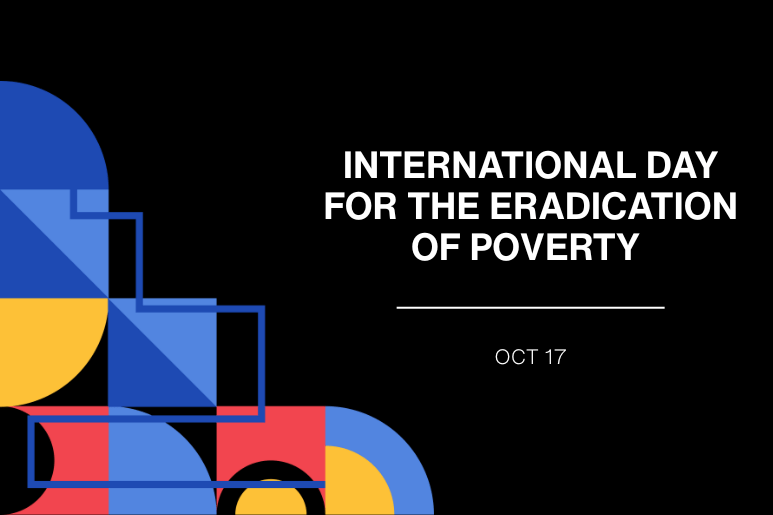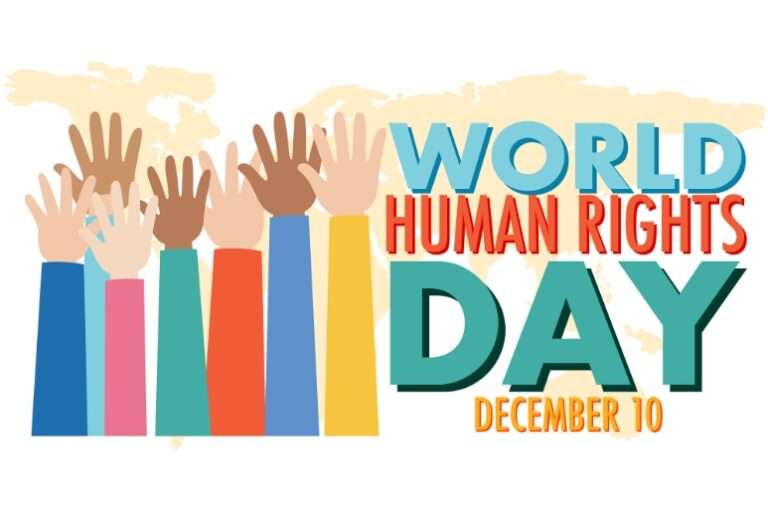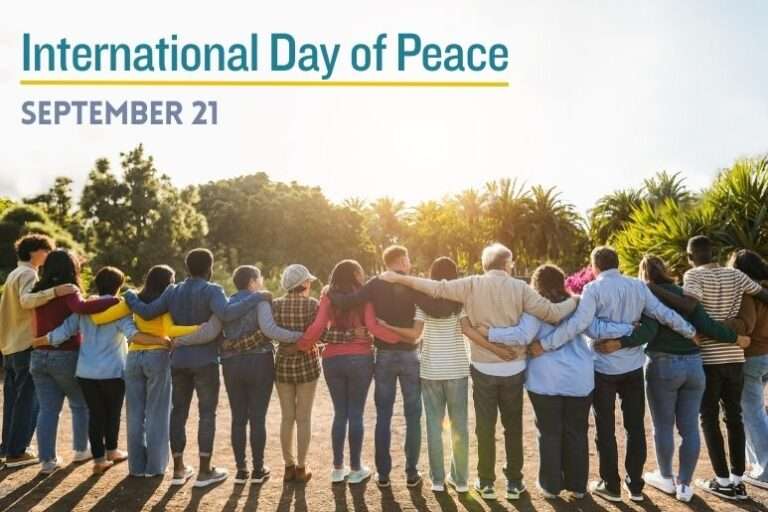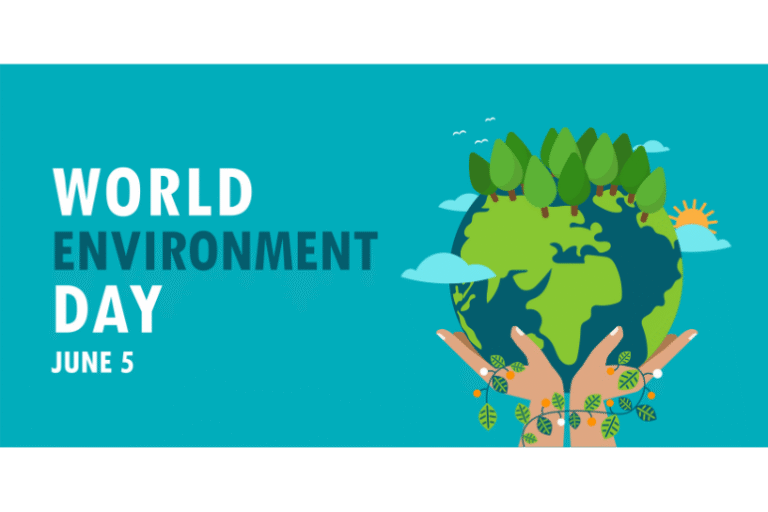Behind every poverty statistic is a lived reality. Poverty isn’t only about how much someone earns each day — it’s about dignity, rights, and the chance to live without fear that one crisis will undo years of progress. The latest data from the UN is sobering:
More than 690 million people live in extreme income poverty on less than $2.15 a day, while nearly half the world lives below $6.85 a day—just one shock away from hardship.
Climate shocks hit people experiencing poverty hardest: those contributing least to emissions bear the steepest income losses.
Conflict deepens poverty: fragile and unstable settings account for a growing share of people living in extreme poverty.
On this International Day for the Eradication of Poverty (October 17), these realities remind us that poverty isn’t just about income — it’s about systems, resilience, and the voices we choose to listen to.
That’s where TED Talks come in. Across the years, speakers have challenged our assumptions about poverty and inequality. They’ve shared evidence, exposed traps, offered bold solutions, and spoken from lived experience.
To Eradicate Poverty, Listen to the People Who’ve Experienced It — Andrea Pickett (TEDxPortsmouth)
Andrea Pickett doesn’t speak about poverty from a distance. She speaks about it as someone who lived it—a single mom navigating broken systems, confusing applications, and cars that wouldn’t start. In her talk, she makes the case that people experiencing poverty must have a seat at the table when policies are designed.
Her point is simple but powerful: if we can see the humanity in a firefighter who falls into homelessness, why can’t we extend that same humanity to everyone? Pickett reminds us that dignity starts with listening.
How economic inequality harms societies — Richard Wilkinson (TEDGlobal)
More than a decade ago, Richard Wilkinson laid out the data that inequality doesn’t just affect people experiencing poverty—it ripples through all of society. In countries with wider income gaps, health outcomes worsen, violence increases, trust erodes, and social mobility stalls.
What made his talk groundbreaking is how clearly the graphs told the story: wealthier nations weren’t necessarily healthier or happier. What mattered was how evenly opportunity was shared. Wilkinson’s work gives us the evidence behind what many instinctively feel: inequality corrodes the bonds that hold societies together.
Why is it so hard to escape poverty? — Ann-Helén Bay (TED-Ed)
Even when support exists, it can come with strings attached. Ann-Helén Bay’s animated talk breaks down the “welfare trap,” which is the harsh reality that taking a job or a small raise can mean losing the very benefits that keep food on the table or a roof overhead.
This means people can be punished for working. It’s not laziness; it’s math. Bay’s talk doesn’t just highlight the problem; it points to solutions: phasing out benefits more gradually, simplifying programs, and exploring universal approaches that reduce the fear of losing everything with one small step forward.
To End Extreme Poverty, Give Cash—Not Advice — Rory Stewart (TED)
Former UK politician and development worker Rory Stewart offers a radical but deeply evidence-based solution: just give people cash: no strings, no complicated programs, no costly overhead.
His talk is full of examples. A $40,000 sanitation project delivered only a couple of latrines and some plastic buckets. The same money, given directly, could have transformed twenty times as many schools. And when NGOs in Rwanda started handing families lump-sum payments, villages flourished: homes improved, kids went to school, businesses started, health insurance was purchased.
The lesson? People know what they need. Trust them. As Stewart says, unconditional cash isn’t just more efficient — it’s more respectful. It recognizes dignity as the foundation for progress.
On this International Day for the Eradication of Poverty, the most important takeaway is this: poverty is not inevitable. It’s shaped by choices in policy, in community, and in how we see one another.



